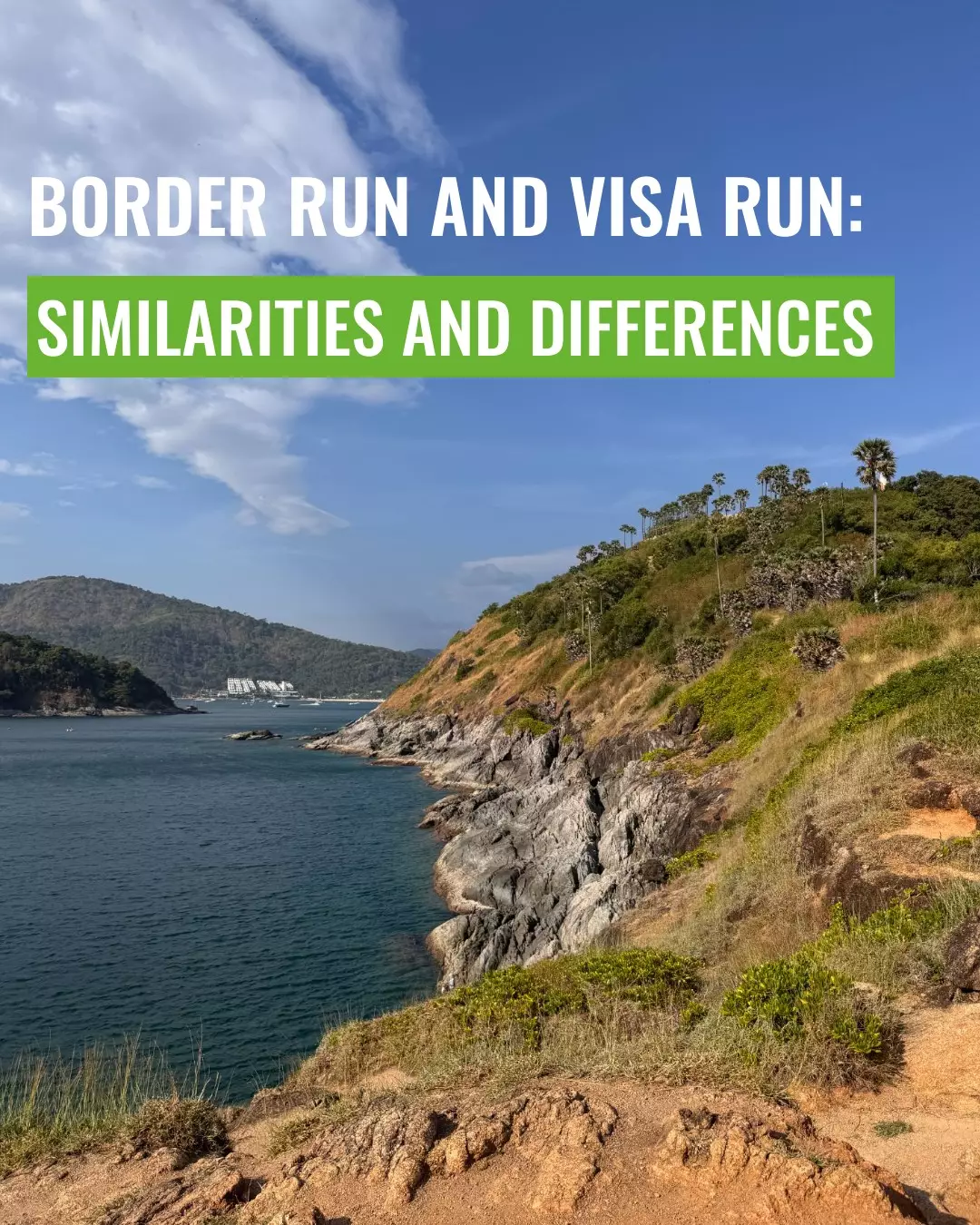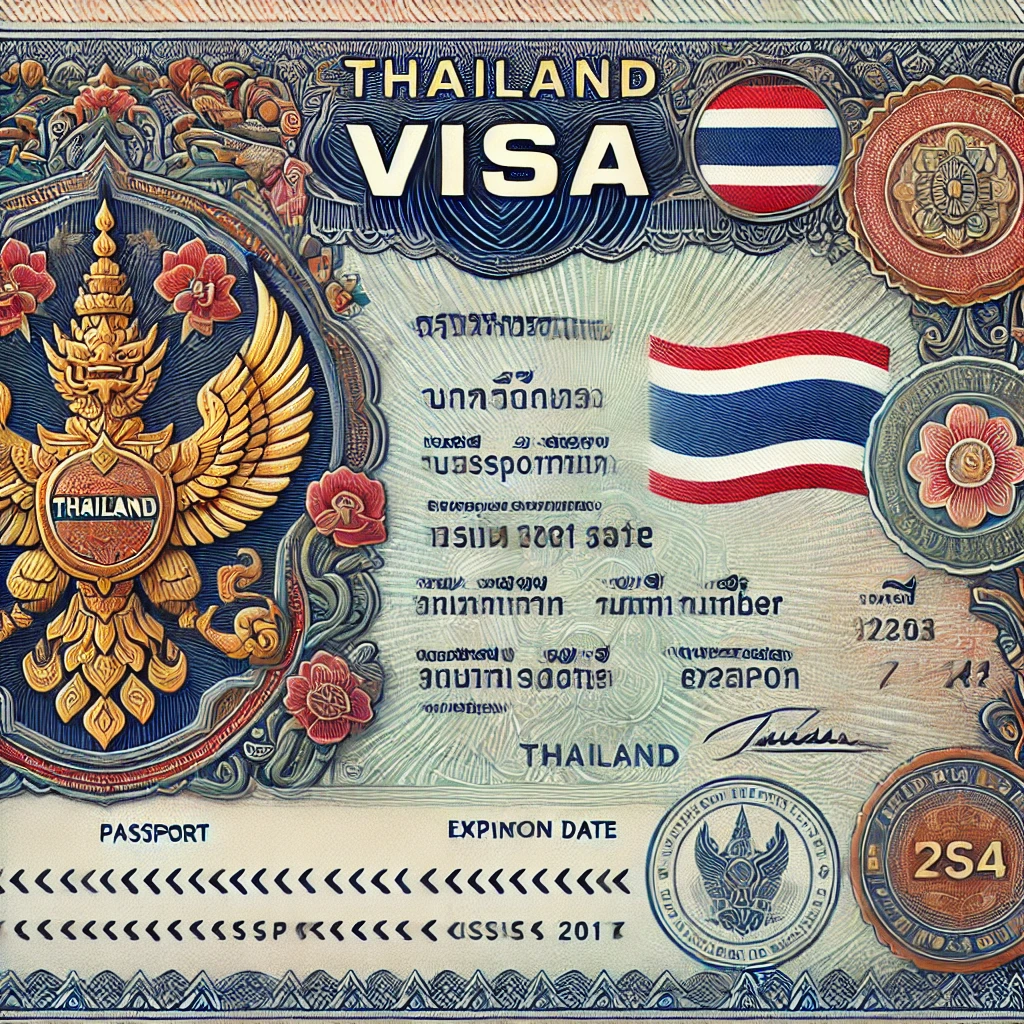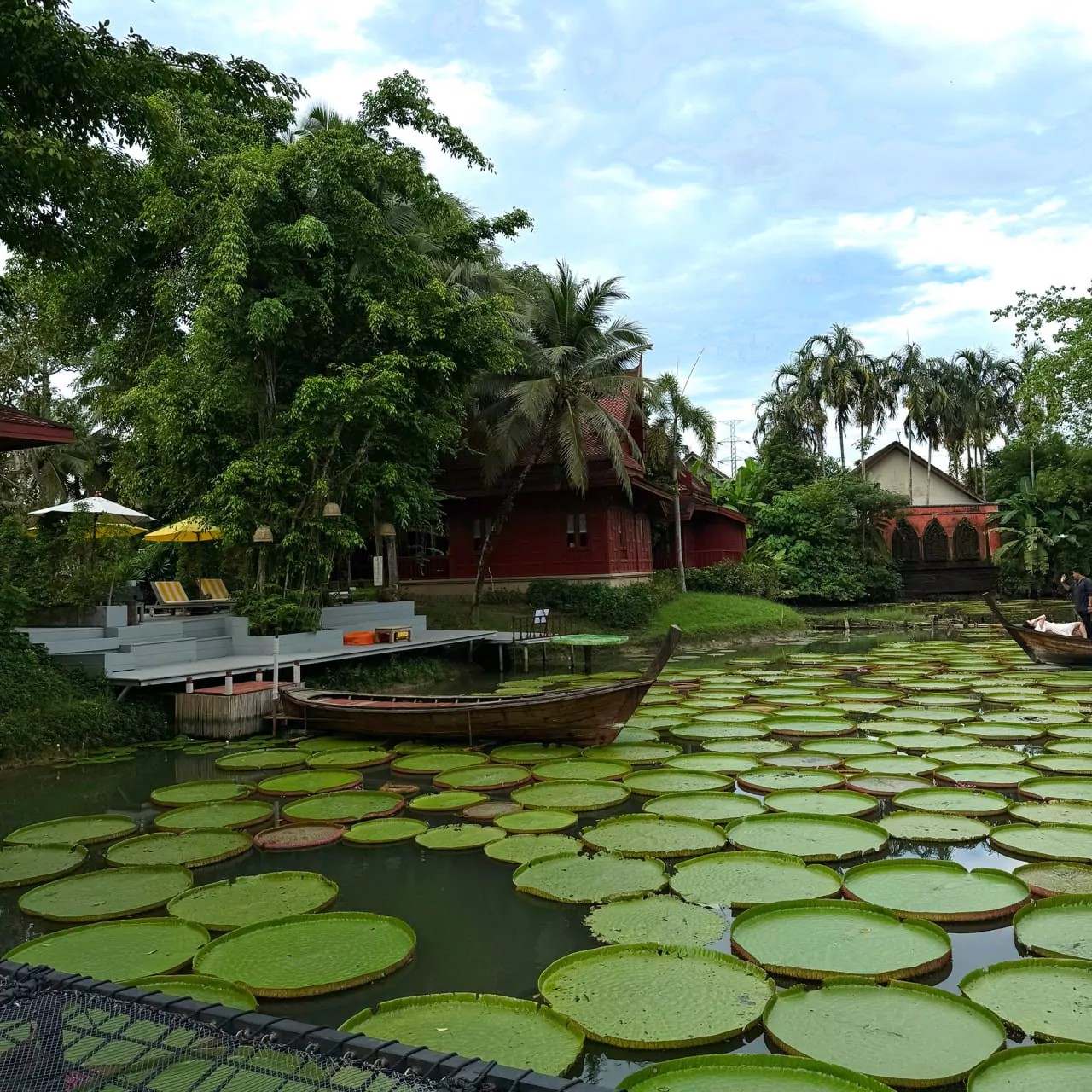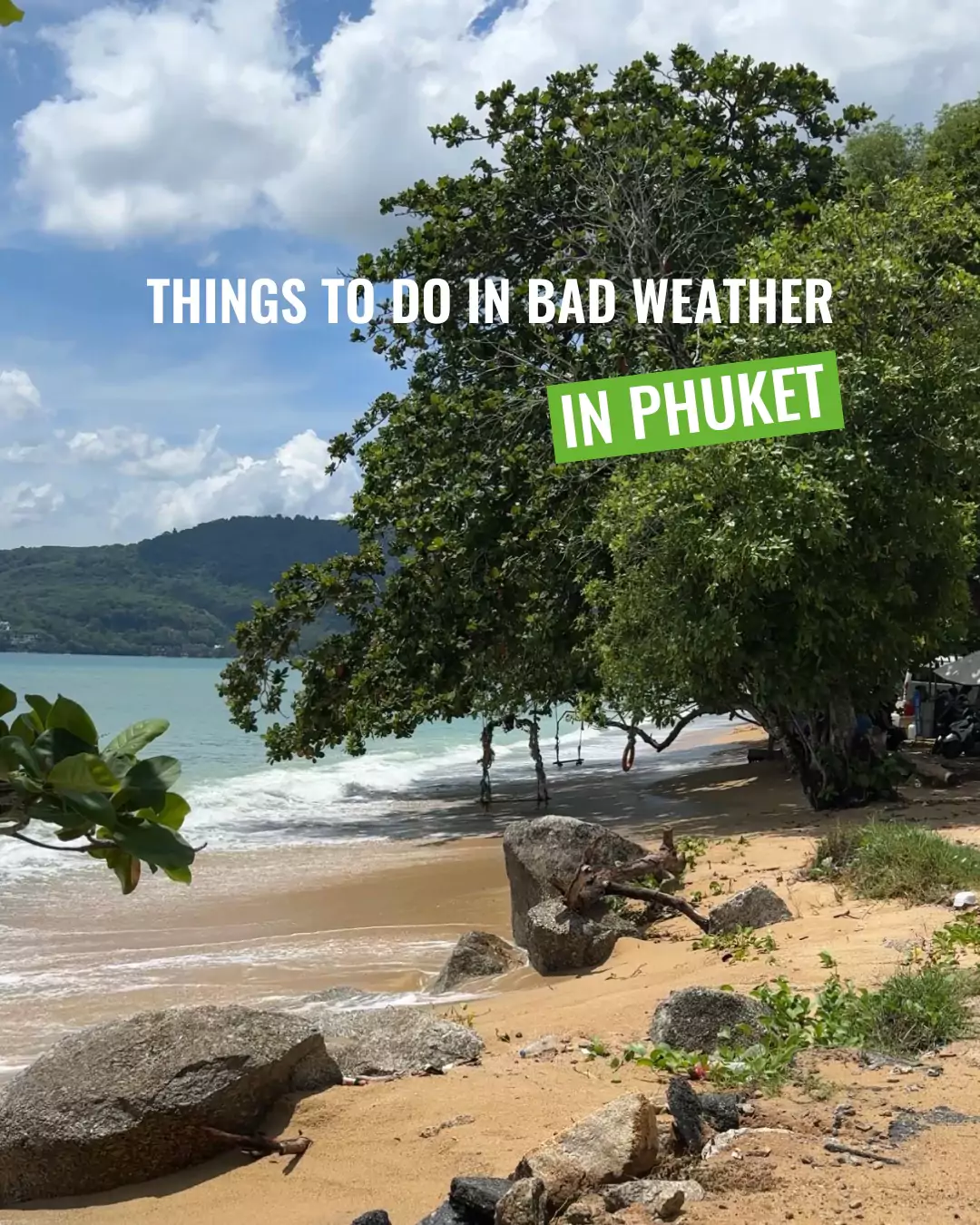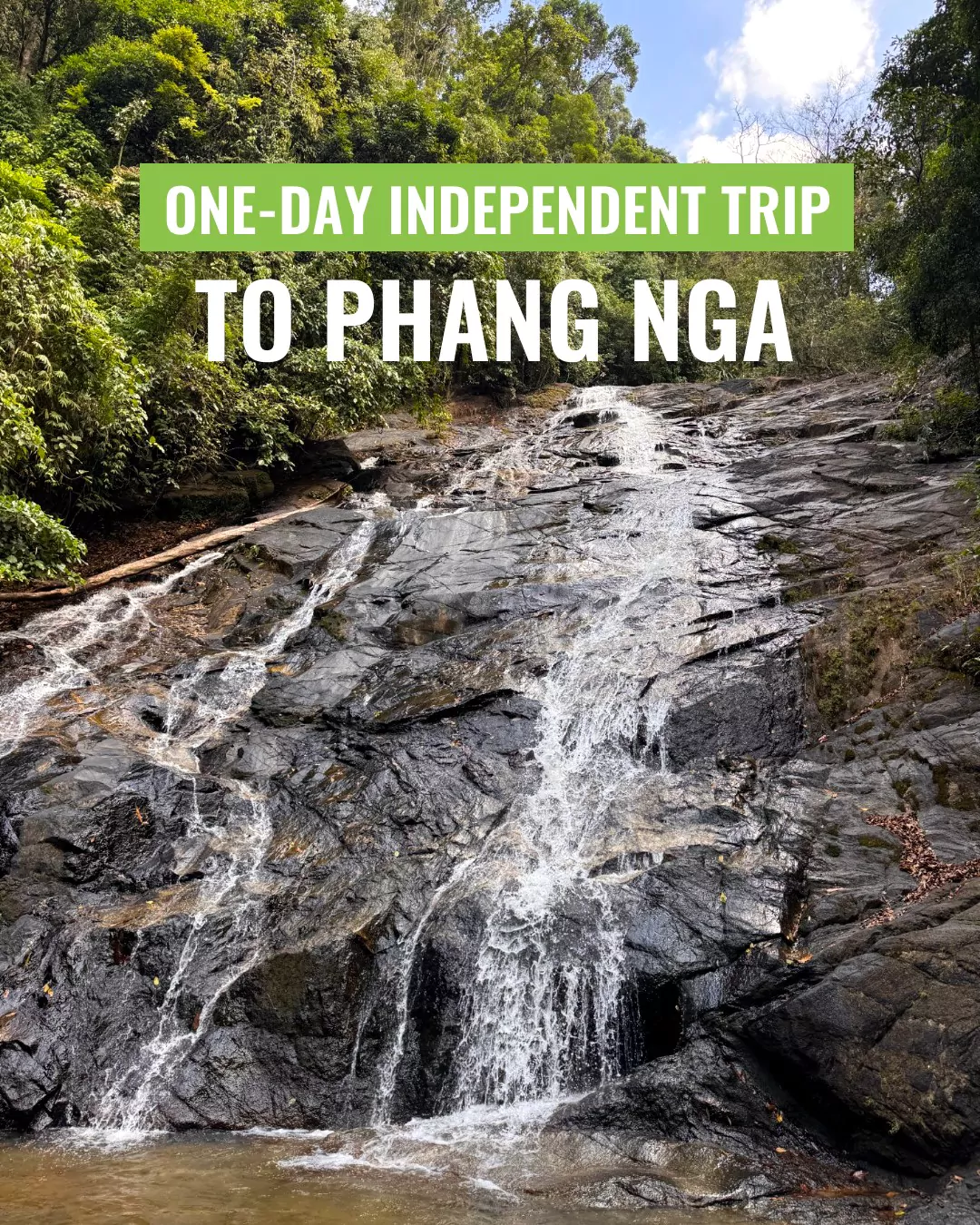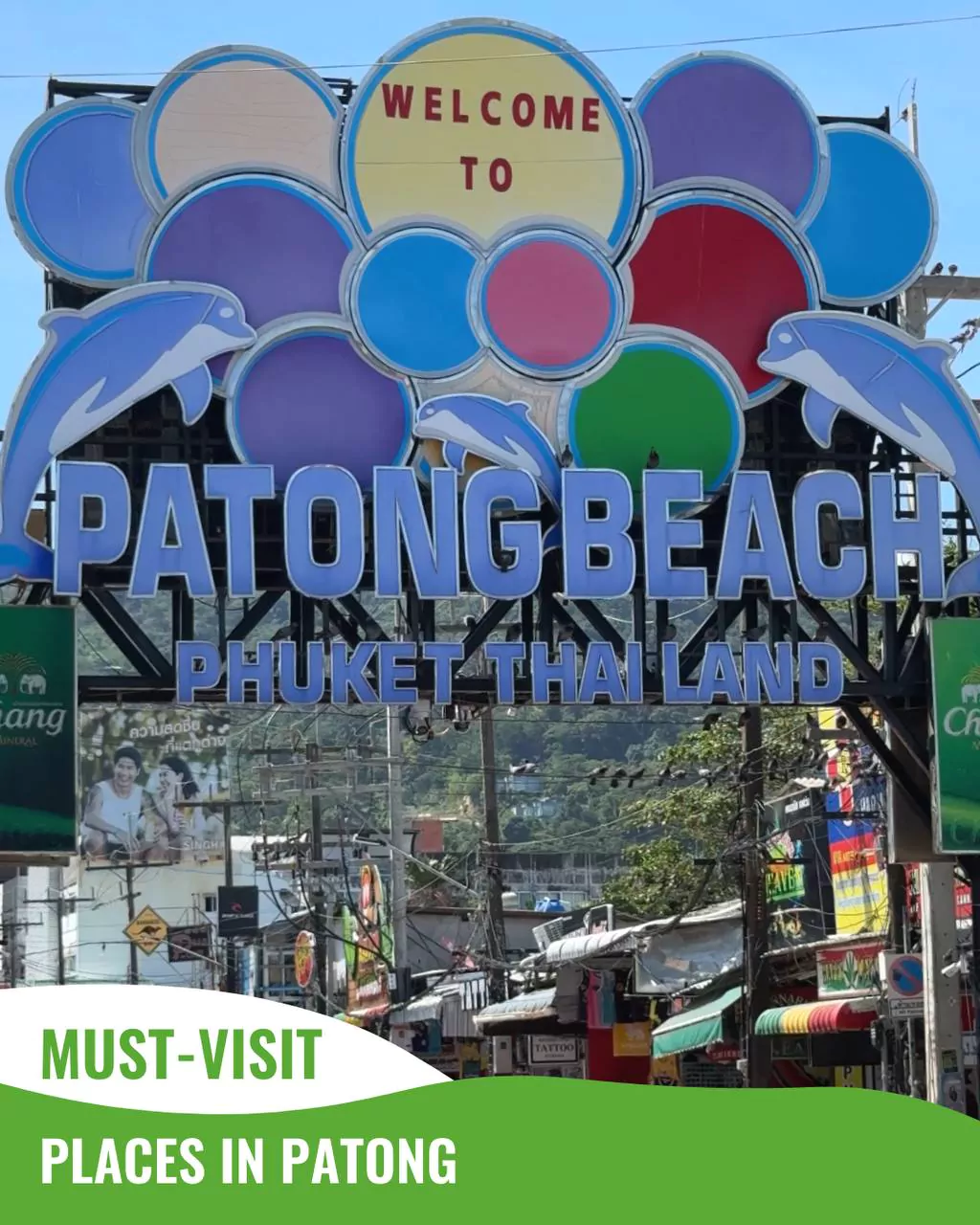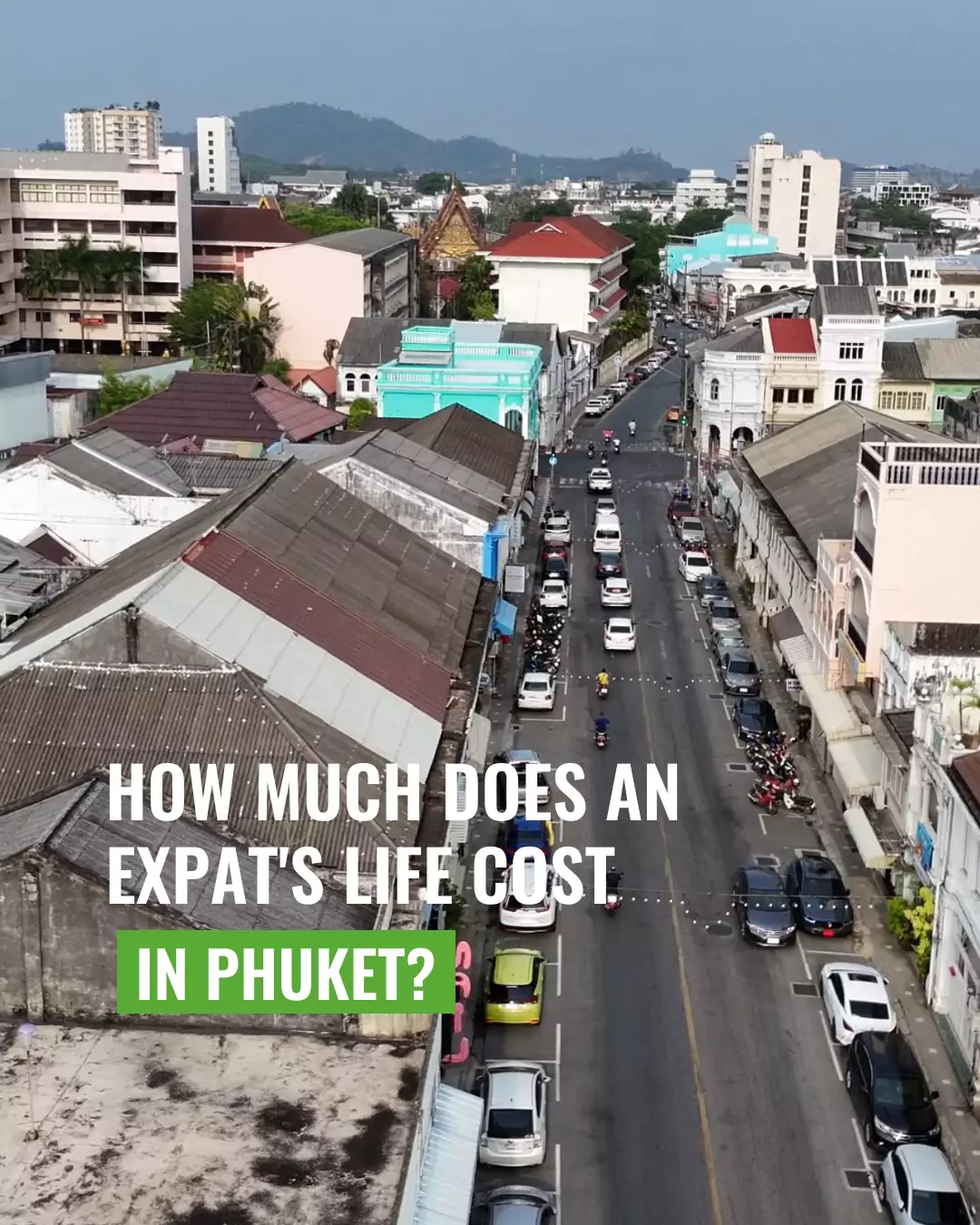Border run and visa run in Thailand
Thailand is one of the most popular destinations for tourists from all over the world. Recently, the Kingdom has introduced a series of changes to simplify staying in Thailand as part of its efforts to promote tourism. Now, passport holders from most countries do not need a visa for a vacation. However, if you plan to stay in Thailand longer, the question of legal residency in the Kingdom arises. The most popular options are border runs and visa runs. How do they differ, and why are they needed in the first place? Let’s explore all the aspects in this article.
What is a border run?
A border run is crossing a country’s border to obtain an automatic extension of stay through a new entry stamp upon return. Simply put, a border run is a quick trip to the border. Typically, this can be done within a single day: from Phuket, travelers head to the nearest border point with Malaysia or Myanmar, cross the border, and immediately return to receive a new entry stamp in their passport for re-entering Thailand.
Border runs can be done independently or with the help of companies that organize trips specifically for this purpose. Occasionally, Thai border officials may inquire about why you are returning to Thailand so quickly, but such situations usually do not cause issues.
We’ve selected the three best companies for organizing border runs. Fill out the form, and we’ll forward your request — they’ll contact you to provide details on the terms and pricing.
Officially, there are no limits on the number of border runs, but experienced travelers recommend not doing more than two in a calendar year, as this could lead to difficulties with re-entry into the country.
What is a visa run?
A visa run is a trip to another country to apply for a visa at an embassy there. Depending on the specific case, you can obtain various types of visas, such as education, ED Plus, family, work, retirement, digital nomad, elite, or LTR (Long-Term Resident) visas. You can find more details about the types of visas in Thailand here. Or just use the feedback form below to request help in finding the visa type that suits your needs best.
We’ve selected the three best companies for processing various types of visas. Fill out the form, and we’ll forward your request — they’ll contact you to provide details on the terms and pricing.
How does a visa run work? You travel either independently or with a group to the border of a neighboring country, where you submit your documents at an embassy to apply for a specific type of visa. This process typically takes about 2-3 business days. Afterward, you return to Thailand, receive a new entry stamp, and stay in the Kingdom for the duration allowed by your visa.
What’s better: a border run or a visa run?
If you plan to stay in Phuket for a winter season or an extended vacation, a border run can be a convenient option. Plus, you can combine the practical with the enjoyable and take the opportunity to visit a neighboring country.
However, if you plan to stay in Phuket for more than six months, it’s worth considering getting a proper visa to avoid risks and potential issues with immigration services.
Insiders recommend staying in Phuket legally. When applying for a visa, it’s important to rely on trustworthy companies. Visit the “Visas and Border Runs” section, choose the type of visa you need, and submit your application.

